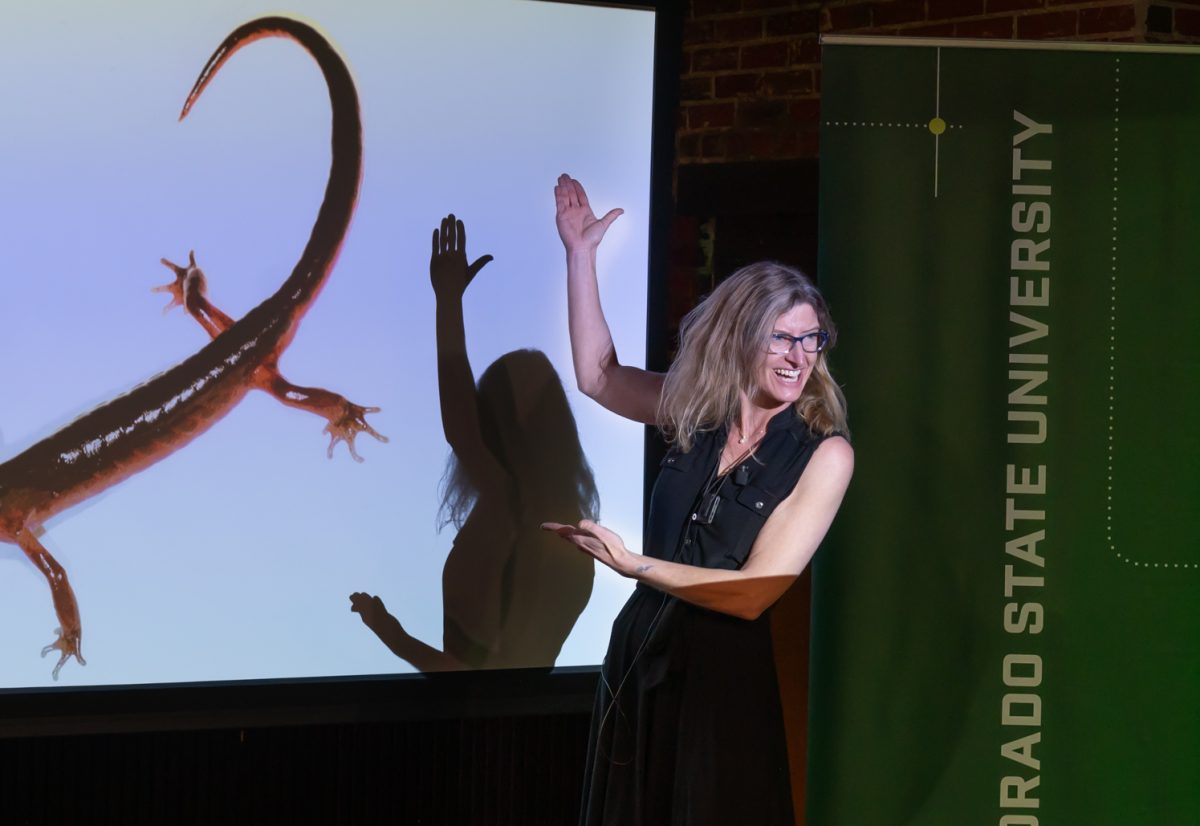An American citizen with a Swiss bank account may seem indicative of criminal activity for some, but for Elissa Braunstein, it was a necessary addition to her life abroad.

Elissa Braunstein is an associate professor in the Department of Economics at Colorado State University, who has taught at CSU since 2005. Braunstein took a University sponsored break from her teaching to perform duties as a Senior Economist at the United Nations Conference on Trade and Development in Geneva, Switzerland from March 2015 to August 2017.
“I was in a division on globalization and development strategies,” Braunstein said. “My primary responsibility was to give advice to developing countries that were trying to manage the macroeconomic aspects of integrating into the global economy.”
Braunstein was sub-contracted to fill her position in the UN, even though the UN has many permanent employees.
“(Employees are) so overwhelmed by policy and by the administrative management that they have to do, that it’s common for UN agencies to sub-contract the intellectual work they need,” Braunstein said.
(Employees are) so overwhelmed by policy and by the administrative management that they have to do, that it’s common for UN agencies to sub-contract the intellectual work they need.” Elissa Braunstein, Colorado State University associate professor of economics
Even though her time at the UN was temporary, Braunstein said she felt that her work truly had an impact on the world around her.
“The research that I did was actually having an impact on global policy,” said Braunstein, who received calls from country representatives who asked her what to say in upcoming meetings discussing policy.
Braunstein said she experienced demands and cultural differences of living in a new country, such as making connections with people.
“Everything from needing to get dressed up every day to when you invite someone over for dinner (is different),” Braunstein said. “You have to know people for many years before you get invited into their homes, whereas here in the United States, it’s just instantaneous. That’s how you connect with people, so that was a little difficult to get used to.”
Braunstein looked to inspire potential prospective UN employees by encouraging them to apply, stretch out of their comfort zone and secure networking efforts early on.
“The United Nations actually has a sort of open contractual system,” Braunstein said. “So, if you’re interested in doing contractual work for them, you can go to their website and try that way, but it’s very difficult. The networking part is essential.”
Even with a network of contacts in the UN community, landing a position can be difficult, but Braunstein said that people can find work in smaller UN offices.
“The UN has these big institutions, but it also has these satellite offices, and it’s often easier to enter the UN system through one of these satellite offices,” Braunstein said. “There are a number of satellite offices in Bangkok, Thailand and in Beijing, China. It’s easier to get in there than the flagships in New York and Geneva.”
Although her experience in the UN was demanding, Braunstein said the experience was spectacular.
“It was definitely a five (out of five),” Braunstein said. “The full spectrum of daily life was really challenging but in the best way.”
Braunstein had a few last words of advice and encouragement to her fellow Rams who might be interested in living abroad.
“Be ambitious and think big,” Braunstein said. “You can do it.”










